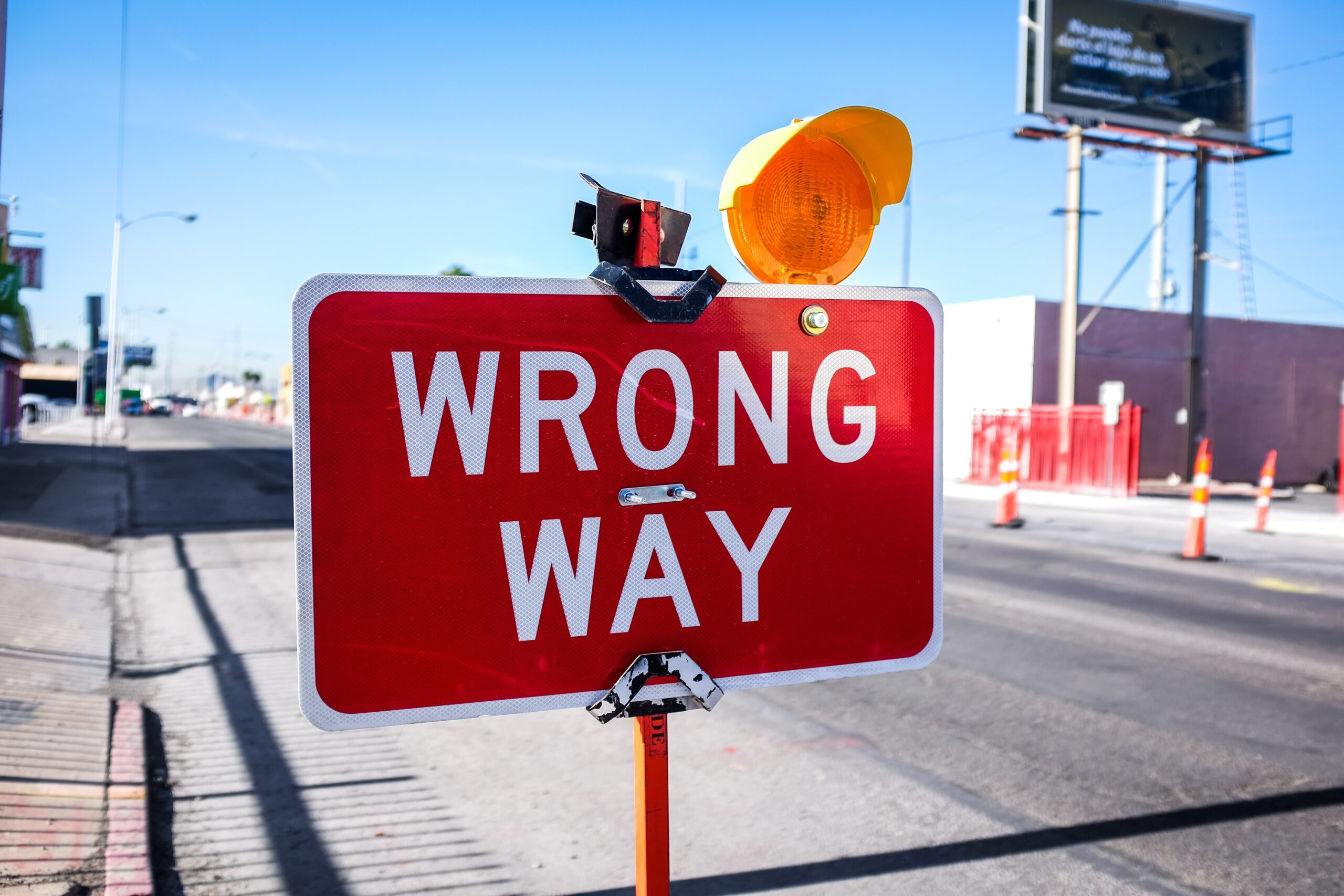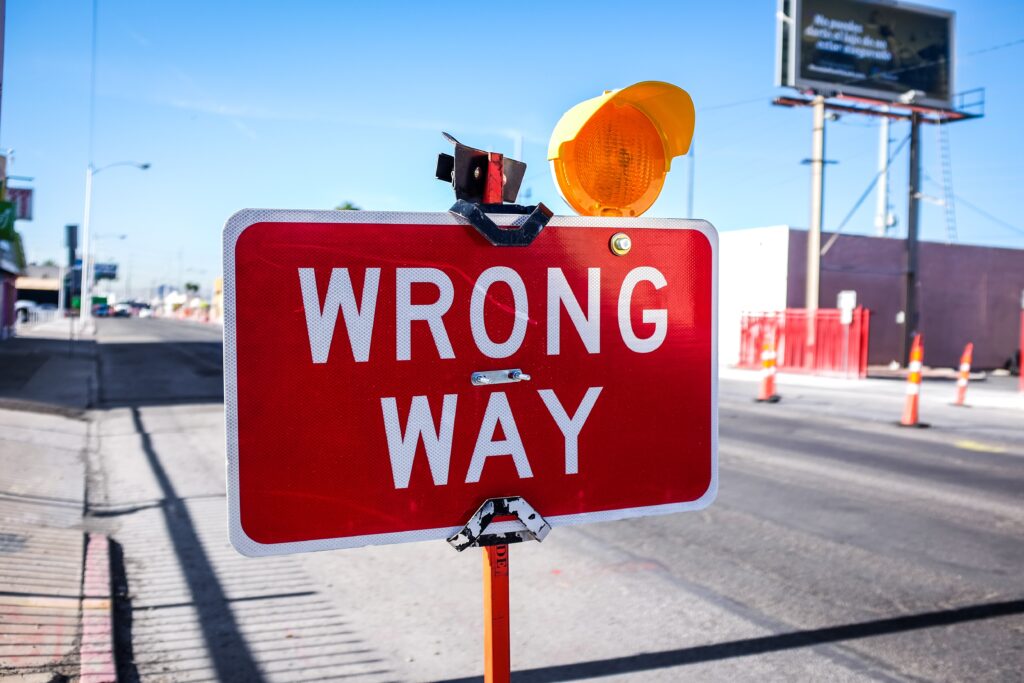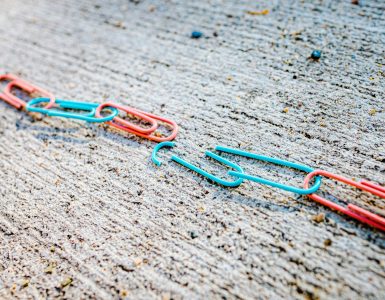Discernment and judgement are two words that are commonly misunderstood.
These two words are often used interchangeably, but they have very different meanings and very different energy when the applied and used in your life.
Discernment is defined as “a perception in the absence of judgment with a view to obtaining spiritual guidance and understanding.”
For example, when you apply discernment to a situation, event or person, you are seeking facts and truths about the situation.
Discernment is about seeking understanding and insights about a situation, event or person. Discernment is about seeking the truth about a situation, event or person. Discernment is also about making a decision about a situation, event or person without being influenced by the behavior of others.
In contrast, Judgement is defined as “a process of forming a personal opinion or evaluation or something.”
For example, when you judge a situation, event or person, you form a personal opinion about a situation, event or person being good, bad, wrong, right, guilty, innocent, smart, stupid, mean, nice, etc.
Judgement is about forming a personal opinion about a situation, event or person based on your own personally beliefs about the situation, event or person. Judgement is also about forming a personal opinion based on the influence of the behavior of others on yourself with respect to the situation, event or person.
Get additional insights on applying discernment in your life from the Out There on the Edge of Everything® Podcast.
How can you apply discernment instead of judgement in your life to situations, events or people in your life?
- Become a Neutral Observer. To apply discernment, first look at any situation, event or person in your life from the perspective of a neutral observer. A neutral observer is someone who perceives a situation, event or person from a new higher point of view and a higher and expanded level of consciousness without forming any judgements or criticisms of the situation, event or person. A neutral observer views the situation, event or person, from a perspective of not interfering with the situation, event or person. A neutral observer also views the situation, event or person without any intent to change or alter the situation, event or person. Albert Einstein was quoted as saying “No problem can be solved from the same level of consciousness that created it.“ In contrast, if you apply judgement to a situation, event or person, you will be at the same level of consciousness of the situation, event or person. Thus, you cannot observe the situation, event or person clearly. If you apply judgement, you will be critical about situation, event or person and desire to interfere, change or alter the situation, event or person based on your own personal beliefs of being wounded, hurt or feeling judged yourself.
- Use Your Intuition to Obtain Guidance. To apply discernment, use your intuition, your first sense, to receive understanding, insights and guidance about a situation, event or person from your perceptive of a neutral observer. Your intuition is an inner sensing, the ability to understand something instinctively, without the need for conscious reasoning. Your Intuition emanates from the energy of a Higher Power and provides you with Divine guidance and Divine intelligence. Your intuition always provides you with calm feelings of clarity and distinctness. Using your intuition will leave you in an empowered state. In contrast, if you apply judgement to a situation, event or person, your thoughts come from your ego and require significant conscious reasoning. Your ego also typically provides you with agitated feelings of confusion and ambiguity about a situation, event or person. Applying judgements from your ego without using your intuition will typically leave you in a dis-empowered state, often feeling like a victim as a result of the situation, event or person.
- Shift Yourself to a Positive Emotional State. To apply discernment, from your perspective of a neutral observer and using your intuitive insights, shift yourself to a positive emotional state. Shift yourself to positive emotions, such as courage, calm, happiness, joy, love, empathy, etc. and apply these positive emotions to the situation, event or person. You can dynamically shift your emotion to positive emotions by: (a) taking 5-10 deep breathes in which you inhale, hold, exhale for the same amount of time; and (b) consciously focusing in on the positive emotions you do desire to feel while you are breathing. You can quickly shift your emotions in a positive direction that will leave you in a positive, empowered emotional state. If you apply judgement to a situation, event or person, you are likely do so from a negative emotional state and with negative emotions such as fear, anxiety, anger, shame, etc. With respect to human emotions, fear, anxiety, anger and shame are some of the lowest vibrational emotional frequencies are the energies typically associated with a victim mentality. If you are feeling the emotion of fear, I have created a new acronym for FEAR, Focused Empowered Action-based Reality and a set of techniques for overcoming fear. If you would like some additional techniques for overcoming fear and other negative emotions your may feeling in your life, please check my blog post and podcast on overcoming fear, entitled “Surfing the Tsunami of Change,”
Applying discernment instead of judgement helps you to attract connected, supportive and collaborative situations, events and people to make a positive impact in your life and in the life of others.
Out There on the Edge of Everything® …
Stephen Lesavich, PhD
Copyright © 2021, by Stephen Lesavich, PhD. All rights reserved.
Certified solution-focused life coach and experienced business coach.
![]()









Add comment